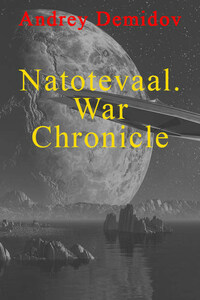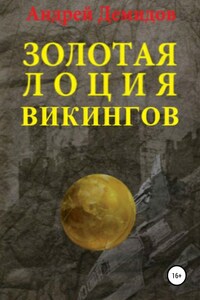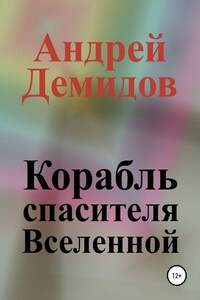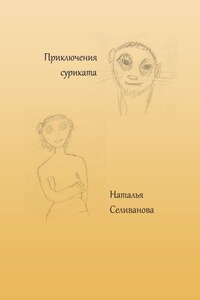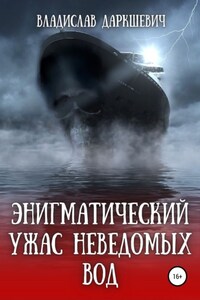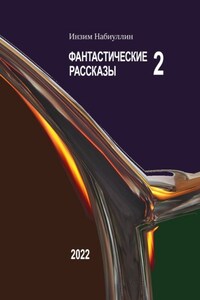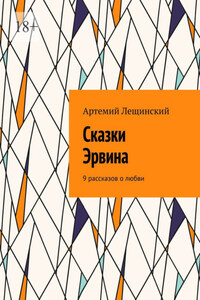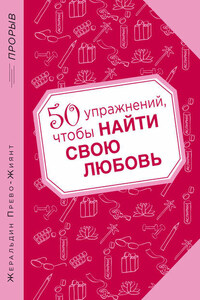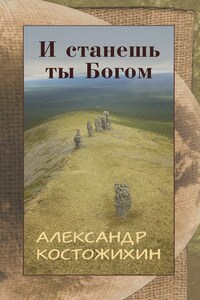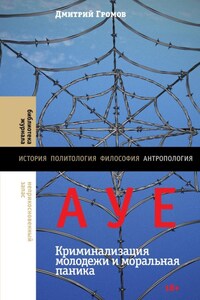Natotevaal. War Chronicle
Foreword
‘Imagination – is just a part, although a significant one, of what usually denotes reality. Ultimately, it is unknown to which of the two genres – reality or fiction our world belongs.’
H.L.Borges
Philosophy and science fiction, like any other forms of culture can interact in many different ways. Certainly not all their features are equal.
If Borges, for instance, describes philosophy as a kind of fiction with inimitable literature-centrism, Derrida principally refuses to distinguish between (fiction) literature and philosophy, and in the best case fiction critics are only able to collect images and references to philosophy in science fiction works, thus philosophical consideration of fiction is hardly a noticeable opportunity.
In pursuit of reality, and in an attempt to lay the foundation of scientific knowledge, philosophy not only ignored imagination and fantasy along with their products (relating to purely subjective orders) but systematically and consistently tried to get rid of them by all means, so as to approach objectivity and – ideally – entirely possess it.
Only, perhaps, the establishment of non-classical way of philosophizing, that allowed and even suggested alternative interpretations of reality, has gradually changed the attitude to fiction.
It is peculiar that almost at the same time – in the second half of the XIX century – formation of proper literary fiction occurs (of course: Jules Verne, G.Wells).
Only in the second half of the XX century philosophy started to conduct special studies of the imaginary, virtual, semantics of possible worlds, etc. (along with gaining fiction maturity).
However, actual fiction still remained below the horizon of perception, although only fiction provides philosophy with a special field-space for deploying extravagant concepts, as well as unique tools for modeling and experimentation.
In order to highlight these features by heuristic fiction of philosophy and outline the shapes of the appropriate project, it is useful to see philosophy as an operator, which is applied to science fiction as a phenomenon.
If philosophy assumes the reflection of ultimate bases of culture as a whole, claims to critically examine the diversity of the world in general, then by the same gesture, which provides its versatility, condemns itself and has to delve into the specifics of each particular cultural form, each area and region of the world.
For instance, a mathematician studies mathematics, and a musician – music, while figuring out how music differs from mathematics or what comprises one or the other, is not of their concern, but the task of philosophy in its applied sense, so to speak.
Of course, the point here is not about each individual object as such – this table or that tree, though everything depends on the approach.
Philosophy sprouts: in addition to the philosophy of science separately appears the philosophy of mathematics, philosophy of physics and philosophy of biology, along with philosophy of nature and philosophy of culture – and even the philosophy of history, philosophy of law, philosophy of art and so on and so forth.
Therefore, philosophy – in terms of its various fields of application, which potentially generate not only its separate directions, but whole disciplines – it is appropriate to consider it as an operative: "philosophy X" or even "philosophy Y", where anything may serve as an independent variable.
Another thing is that a simple permutation which comprises a bare slogan or manifesto, would certainly be quite insufficient – forming a research agenda requires more or less developed and reflexively drawn project.
In this case, philosophy, like phenomenological consciousness, acquires sustainable intentionality, allowing not only to identify and investigate the specificity of the corresponding sphere, but also – by revealing its ultimate bases – achieve fundamental conceptual results.
Thus one of the methods of interaction of various cultural dominions is implemented – by reflecting one on/in the other, both are modified and thereby get an opportunity to spread, fulfilling their programs with the new material.
Strictly speaking, the status of fiction in itself represents a major challenge, or rather, a whole set of problems.
Fiction, first of all as a product of imagination should seemingly confront reality or actuality: as nonexistent to existing.
However, even the critics of traditional philosophical metaphysics of presence has to acknowledge that everything we say, everything we can think of, is there in a certain way, though differently (and therefore non-metaphysical ontology should be based on a fundamentally different basis – but that is another story), thus straight oppositions do not work and cannot work.
Secondly, fantasy as a set of art depicting/representing/describing the imaginary, would have to confront realism, on the one hand, which also reproduces reality and modernism and the avant-garde on the other, which more or less avoid using references, eluding to the more or less understandable (syntactic, semantic or pragmatic) performativity.
However, a critical review of the so-called realism shows that realism, in its full and strict sense not only did not and does not exist, but is generally impossible – because any images of reality would inevitably be imagined (at least to the extent where we distinguish one and the other); after all, this is indicated by the ability of art photography, which directly and almost immediately (literally photographically) reflects the reality, regardless of our perception of it. On the other hand, a careful study of the indirect features of reference removes the inflexibility of its contrast to performativity.
Thirdly, science fiction is in no way related to one form of art, embodied – along with literature and, say, painting – also in cinematography, theater, drawing, comic books, and perhaps even in sculpture.
And even in amusement parks and – necessarily – in computer games: if they can be classified as art, then to a very special, interactive sphere.
In addition, even literary science fiction can neither be classified as a genre, strictly speaking, because it brings together works of a variety of genres (and also of different lines – a novel, a story, a narrative…, space opera, alternative history, detective fiction…) nor as a destination because it can quite easily include different styles (cyberpunk, turbo-realism…), not to mention the traditional, more or less stable division into the two main branches – the science fiction and fantasy.
